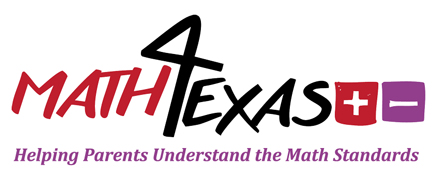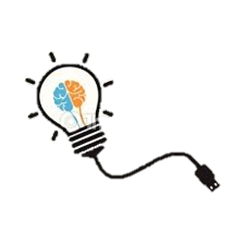T.i.P.S.
-
 Students will use their knowledge of probability to determine experimental and theoretical probabilities related to simple and compound events using data and sample spaces. Experimental probability is the data collected or observed from the outcomes of an experiment. They may include various types of experiments and may be represented in the form of a fraction, decimal, or percent. Theoretical probabilities involve the likelihood of an event occurring that is predicted by using formulas and mathematical calculations without conducting an experiment.Both probabilities are related to simple and compound events which are based on data and sample spaces. Compound events can also be identified as either dependent or independent. Dependent events are events or outcomes that are affected by previous events such as the drawing two colored balls from a bag and the first ball is not replaced before the second ball is drawn then the outcome of the second draw will be affected by the outcome of the first draw. Independent events are not affected by other events such as tossing a coin.
Students will use their knowledge of probability to determine experimental and theoretical probabilities related to simple and compound events using data and sample spaces. Experimental probability is the data collected or observed from the outcomes of an experiment. They may include various types of experiments and may be represented in the form of a fraction, decimal, or percent. Theoretical probabilities involve the likelihood of an event occurring that is predicted by using formulas and mathematical calculations without conducting an experiment.Both probabilities are related to simple and compound events which are based on data and sample spaces. Compound events can also be identified as either dependent or independent. Dependent events are events or outcomes that are affected by previous events such as the drawing two colored balls from a bag and the first ball is not replaced before the second ball is drawn then the outcome of the second draw will be affected by the outcome of the first draw. Independent events are not affected by other events such as tossing a coin.
Example
-
Amanda used a standard deck of 52 cards and selected a card at random. She recorded the suit of the card she picked, and then replaced the card back into the deck. She compiled the results in the table below.
a) Based on her results, what is the experimental probability of selecting a heart?
b) Based on her results, what is the theoretical probability of selecting a heart?
Hint
Possible Solution
Digital Tools
-
Click on the following links for interactive games.
Resources
-
Click on the following links for more information.
TEKS
-
Readiness Standard
7.6 Proportionality. The student applies mathematical process standards to use probability and statistics to describe or solve problems involving proportional relationships. The student is expected to:
(I) determine experimental and theoretical probabilities related to simple and compound events using data and sample spaces





 Click
Click 

